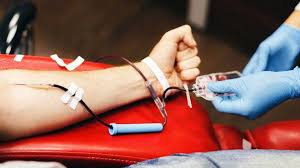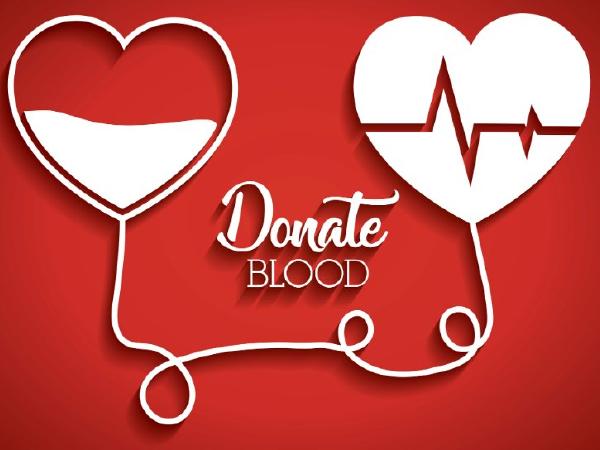
Time to donate blood is now
Blood is an important commodity in every human’s life. But its voluntary donation to help in times of need has become rare in most parts of the world.
What is even making the situation difficult this time round is the restrictions on physical distancing due to the coronavirus (COVID-19) pandemic which has affected mass donation as has always been the case.
Ghana has been one of the countries in Africa with a huge demand for blood at its health centres. Other countries suffering from a similar fate are South Sudan, Nigeria, Congo, South Africa and Ethiopia.
This is confirmed by the World Health Organisation (WHO) which has stated that access to safe blood is still a privilege for a few, with most low and middle-income countries struggling to make safe blood available because donations are low and equipment to test blood are scarce.

It says that globally, 42 per cent of blood is collected in high-income countries, which are home to only 16 per cent of the world’s population.
This is because there is no intense public awareness about the need for constant voluntary donation and the lack of cold-storage facilities to keep and distribute the little blood available, particularly in rural clinics, where the blood supply is even more limited than in urban hospital settings.
In April, for instance, the National Blood Service (NBS) sent out distress calls to the members of the public and organisations to make voluntary donations to fill the national stock which had been depleted due to the high demand for blood as a result of the coronavirus pandemic.
Our last issue of June 20, 2020, vividly captures the current situation. According to the Public Relations Officer of the NBS, Mr Stephen Addai-Baah, the service is currently unable to meet its daily supply of 250 units of blood to various health facilities in Accra alone.

Since the service is currently unable to meet its demands, it is putting the lives of patients at risk, especially those who may require blood transfusion in emergency situations for survival.
For us at The Mirror, we think the time to be innovative by all stakeholders is now. Even though the NBS said it was embarking on a community-based donation drive to appeal for individuals to donate blood to shore up the reserves at the blood bank, there is the need for other stakeholders including the National Commission for Civic Education (NCCE) to intensify public education on voluntary donation.
People must be cont inuously assured that donating blood at this critical moment does not lead to the transmission of the virus. So far, there have been no reported cases of any respiratory virus being transmitted through blood donations, including coronaviruses.
inuously assured that donating blood at this critical moment does not lead to the transmission of the virus. So far, there have been no reported cases of any respiratory virus being transmitted through blood donations, including coronaviruses.
The Mirror, therefore, commends the service for making a paradigm shift from mass testing to appointment systems where potential blood donors are contacted for scheduled donations.
Blood donation has even become more important at this critical moment, and we must all roll up our sleeves and help.
Remember that there may come a time when you or a loved one will need blood. So donate now to save
